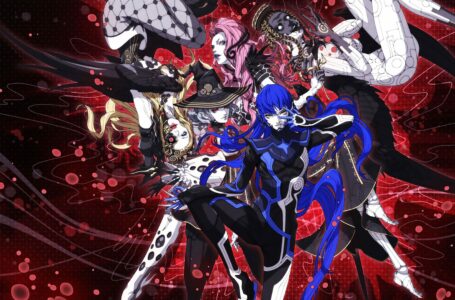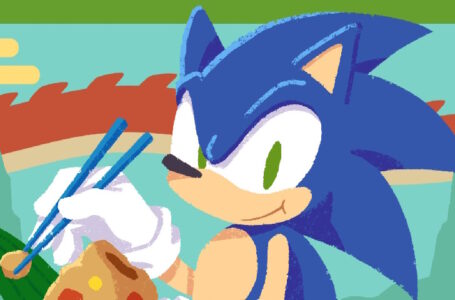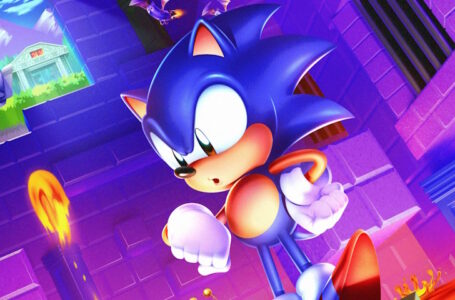Yakuza: Like a Dragon Review
With many JRPG franchises over the years switching to real-time battle systems, it was odd to see the latest Yakuza entry take the opposite route instead. By forgoing the usual beat ’em up gameplay for old-school turn-based combat, Yakuza: Like a Dragon ends up being a unique entry in the series. However, this change does present its own issues that ultimately drag down an otherwise fun experience.
Starting from zero
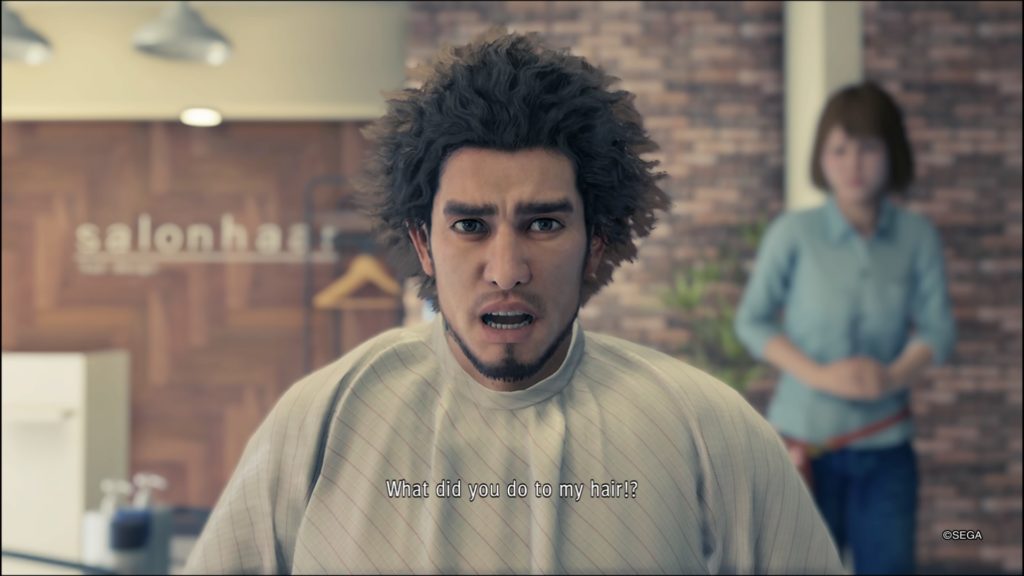
Like a Dragon’s opening contains more than a few parallels to the original Yakuza, with new protagonist Ichiban Kasuga taking the fall for a crime someone else commits. After 18 years in prison, he ends up being betrayed, kickstarting his quest for answers.
And yet, where Kiryu was able to start punching his way through the streets of Kamurocho, it’s not long before Ichiban ends up being left for dead in Yokohama. With no home, and no real idea as to his next course of action, Ichiban must start from rock-bottom, using his seemingly endless enthusiasm to gather new allies and discover what happened during his time in prison.
This marks the first major change in Yakuza: Like a Dragon. Unlike Kiryu, who remained stoic throughout most of his journey, Ichiban wears his heart on his sleeve. This creates a dynamic between him and the main cast that just wasn’t possible in previous Yakuza games, leading to a somewhat lighter tone overall. The main story still has its serious moments, especially during the latter chapters, but there’s never a dull moment with Ichiban around.
His three main allies are also a varied bunch: Koichi Adachi, an ex-cop who was waiting for Ichiban after his release from prison, fellow homeless Yu Nanba, and hostess Saeko Mukouda. The game makes sure that the four of them have many chances to interact even outside the story, either through character specific events or dialogue triggered by walking around Yokohama. This leads to a wealth of enjoyable scenes, and they’re by far the best part of the game. While the other party members you gain may not have the same chemistry as these main four, the aforementioned events do a decent job at fleshing out their backstories.
One element of Like a Dragon that hasn’t been seen since the first Yakuza is the return of English voice acting. I quite enjoyed the dub for Ryu Ga Gotoku Studio‘s previous game, Judgment, but it’s more of a mixed bag here. The main four are all excellent, especially Ichiban, and many of the side characters offer up decent performances in English.
However, there are a lot of characters that don’t sound as good dubbed. This applies especially to a few returning characters, their English voices struggling to match the original Japanese audio. It’s not an awful dub by any means, just inconsistent. Either way, you can switch freely between both audio tracks, with the appropriate subtitles for each.
Like a Dragon Quest
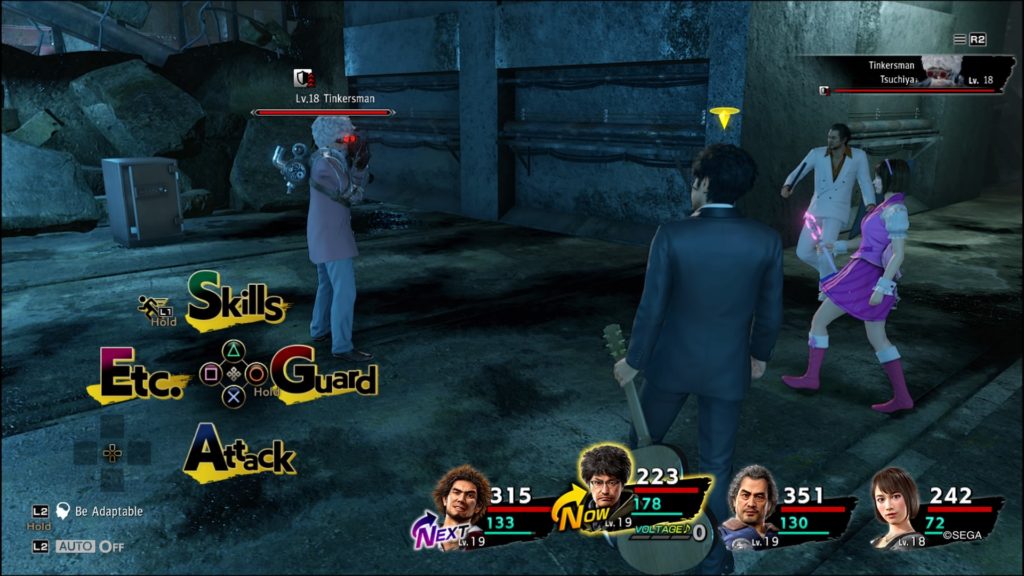
Of course, the biggest change in Like a Dragon comes in the form of turn-based combat. It was something that I was personally looking forward to, being a way to spice things up after seven main games with similar battle systems. And after playing through Like a Dragon, this change ended up being… fine? It’s a fairly basic battle system, with a slight Yakuza twist. Outside of using basic attacks and skills, characters can sometimes use nearby objects like traffic cones and bikes for extra damage. Positioning is also key to get the most out of area of effect skills.
The battle system is serviceable, but kinda slow and janky. There’s no turbo mode to speed up grinding, and you have to hit the same simple QTEs every time you use a skill. Your party and enemies also move around at random, which makes lining up AoEs with a smaller radius a pain. Furthermore, movement pathfinding likes to break now and then, with characters sometimes getting stuck on scenery before teleporting into the right place.
Adding to this is the job system which, while being a great idea on paper, doesn’t really add a whole lot to combat. This system is introduced in a novel way, requiring Ichiban’s party to visit the job centre before switching to a new job. Unfortunately, most of the jobs don’t really offer anything over the default ones that are unique to each character. Outside of making sure you have a healer, the other characters can just be set to anything without much issue. With how long it takes to level up jobs, you’ll likely be forced to stick with the same setup throughout the game anyway.
It can still be fun to battle the variety of odd opponents that come from Ichiban’s wild imagination, though the simplicity and often high encounter rate starts to drag after a while. There are also a couple of points later in the game where bosses are suddenly 10 levels above your party, requiring you to grind for a few hours. Even if you do a lot of side content, there’ll be a point where your level still wont match up with the bosses you face. This comes across as a cheap way to lengthen the game, especially when you consider that everything before this point is incredibly easy.
Endless distractions
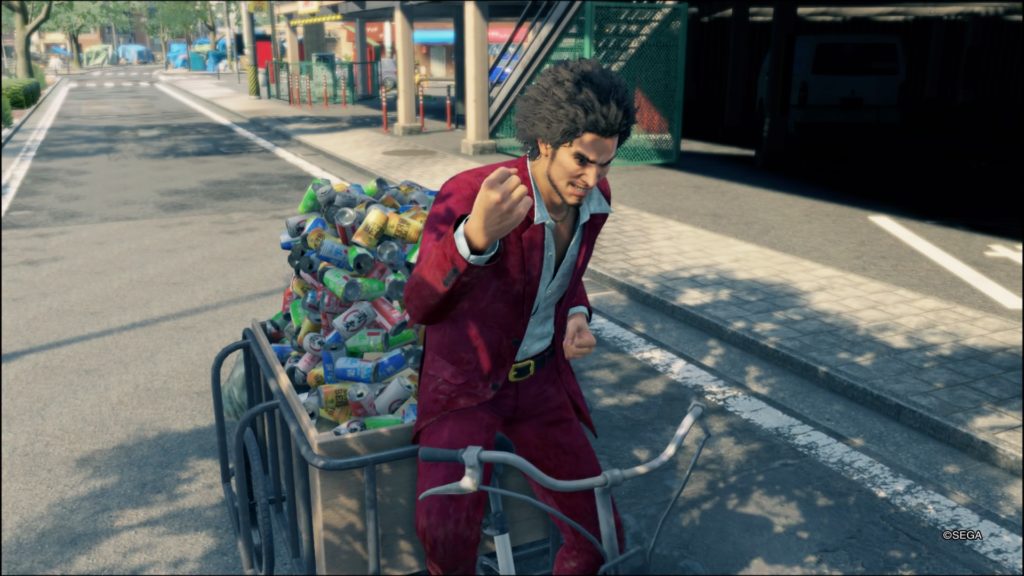
At least the wealth of side content that Yakuza is known for is well represented here. There are the usual suspects, like a decent selection of arcade games, karaoke (which is available dubbed as well), and mahjong, but Like a Dragon introduces its own new distractions.
The big one this time is company management, where Ichiban must buy new properties and hire employees in a bid to save a failing company. It’s not a bad way to spend your time, though it unfortunately doesn’t offer up a consistent stream of cash like Yakuza 0’s cabaret club or real estate side activities. One of your employees is a chicken name omelette though, so everything is forgiven.
A few other side activities include Dragon Kart and can collecting. The former is Yakuza: Like a Dragon’s take on the karting genre, letting you zoom around various tracks in Yokohama while firing at other racers using machine guns and rocket launchers. This should be a fun diversion, and it does offer up something new to the series, but there’s not much variety to each race. Surprisingly, the can collecting minigame ends up being more compelling, as you pedal around a small part of the map avoiding other collectors and trucks to recycle enough cans before time runs out.
Even if I wasn’t a huge fan of a few of the new side activities, there’s still a lot of content on offer. Yokohama is fun to explore, as you discover more and more substories and things to do. Compared to previous Yakuza areas like Kamurocho, it’s noticeably bigger. Obviously, this was done to accommodate for the heavier RPG focus, and it generally doesn’t feel too big for its own good. Being able to fast travel from anywhere is a big help with navigating the map — if you have enough money to call a taxi anyway.
Having to explore larger environments does bring up another downside of the game, in regards to playing on a standard PS4. Like a Dragon, as with Yakuza 6, Kiwami 2 and Judgment before it, runs on the Dragon Engine. This means that it runs at a 900p resolution with a 30fps cap, if you’re stuck with a standard PS4 or Xbox One. I might be stating the obvious here, but if you have the option to play Like a Dragon on more powerful hardware, then do so. It’s still playable on basic consoles, but their limitations are extremely present here. Long load times, noticeable pop-in, and framerate drops when things get busy are some of the issues I encountered during my playthrough.
Yakuza: Like a Dragon verdict
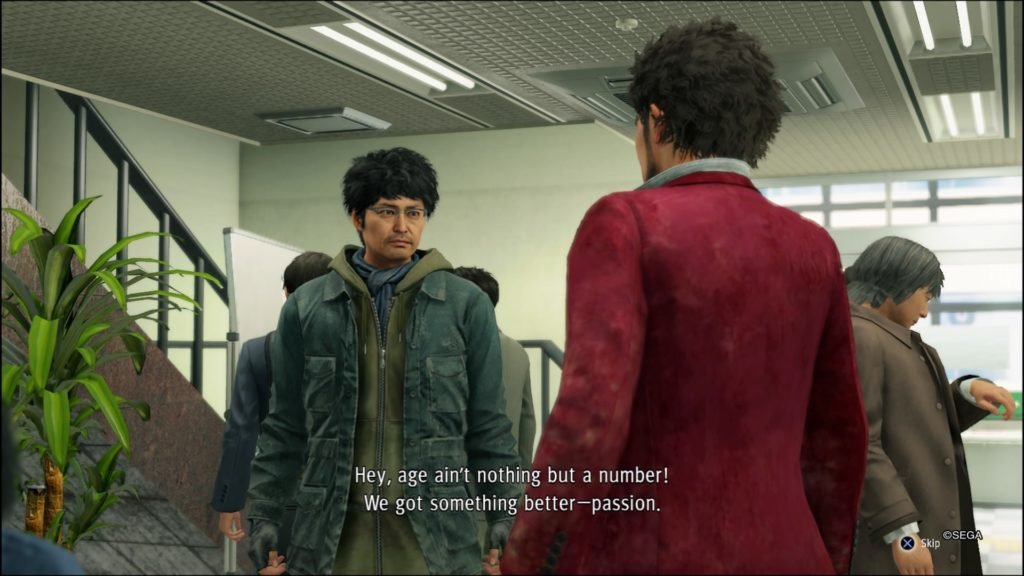
While I may have criticized Yakuza: Like a Dragon for a decent chunk of this review, there’s still a lot to love about it. Ichiban is the perfect character to usher in this new era of Yakuza, and the amount of things to do outside of the main story is almost overwhelming. However, Yakuza 8 will need a lot of work put into it to make the RPG elements more balanced and engaging.
Verdict: 3.5/5

Join The Discussion
Rice Digital Discord
Rice Digital Twitter
Rice Digital Facebook
Or write us a letter for the Rice Digital Friday Letters Page by clicking here!
Disclosure: Some links in this article may be affiliate links, which means we may earn a small commission if you make a purchase after clicking on them. This is at no additional cost to you and helps support Rice Digital!
- Roguelite Yasha: Legends of the Demon Blade gets new trailer - April 16, 2024
- New Nintendo Indie World Showcase set for April 17 - April 16, 2024
- Final Fantasy XIV Dawntrail benchmark available now - April 14, 2024




